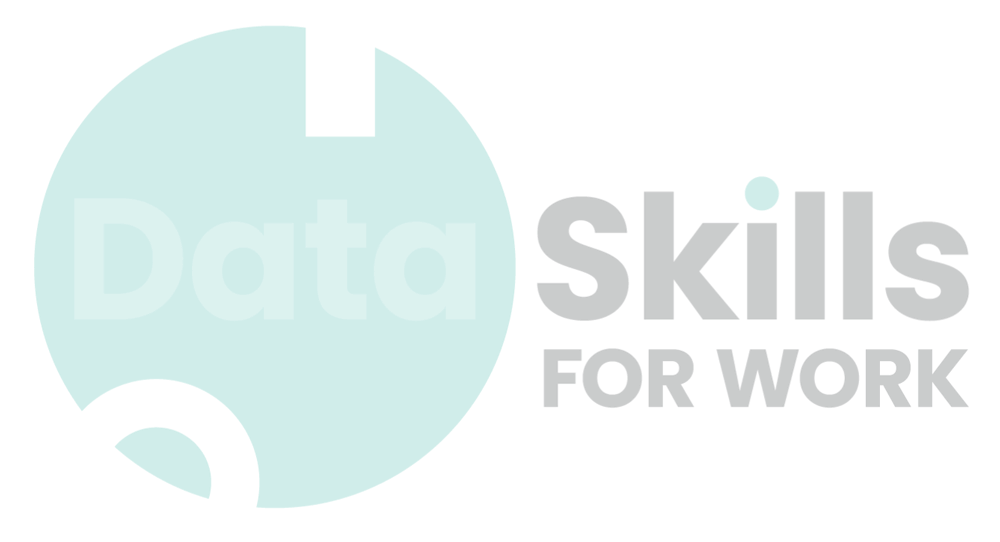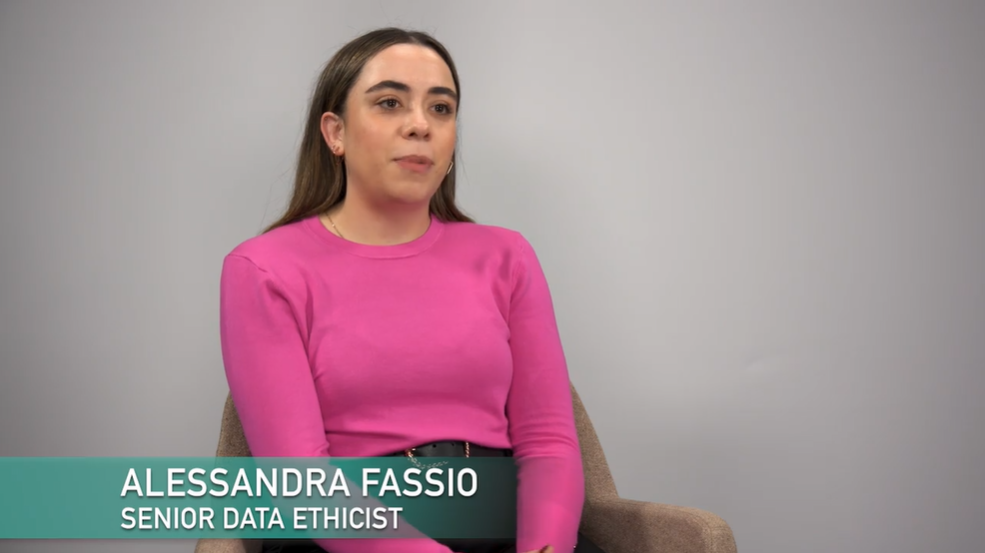Many organisations are at an early stage of their data journey. Before they can truly embark on this, they first need to gain an understanding of how data can transform their organisation or sector.
Read MoreLearners will be able to assess the ethical implications of using data to drive decision making, including an understanding of bias/prejudice and what impact this can have on data science work.
Read MoreAfter gaining this skill, learners will have an understanding of why data is becoming more important, its impact, common sources of data, and how it is used (and misused) by individuals, organisations and across society.
Read MoreThis will ntroduce learners to the vocabulary used in data science and analytics and give them an understanding of the different data roles in an organisation.
Read MoreAn awareness of relevant legislation is important for everyone producing and handling data, particularly personal data. This includes national and international regulations, what data can be shared/published, and approaches to ensuring data is held securely.
Read MoreData governance is an important consideration for those involved in supervising/governing the actions of others in an organisation in relation to data. This includes ensuring data integrity (data standards) and usability throughout its lifecycle (data flow), compliance with legislation, and ensuring processes are in place and followed by others.
Read MoreHow do you build and manage an effective data science team within an organisation? It is clear that while there is a great deal of enthusiasm about advancing the role of data, not all organisations have a clear understanding of the skills they need and why.
Read MoreWhat data does the organisation have, what data is important, and how can you go about driving value from it? This is what a data strategy seeks to set out – looking at job roles, responsibility, infrastructure, organisational culture, policies, and regulatory compliance – setting out a plan for data-driven innovation.
Read MoreHow to engage audiences with data, written and verbal communication skills, making visualisations and data insight understandable to and usable by different audiences, including those at Data Citizen and Data Worker level within their own organisation.
Read More




